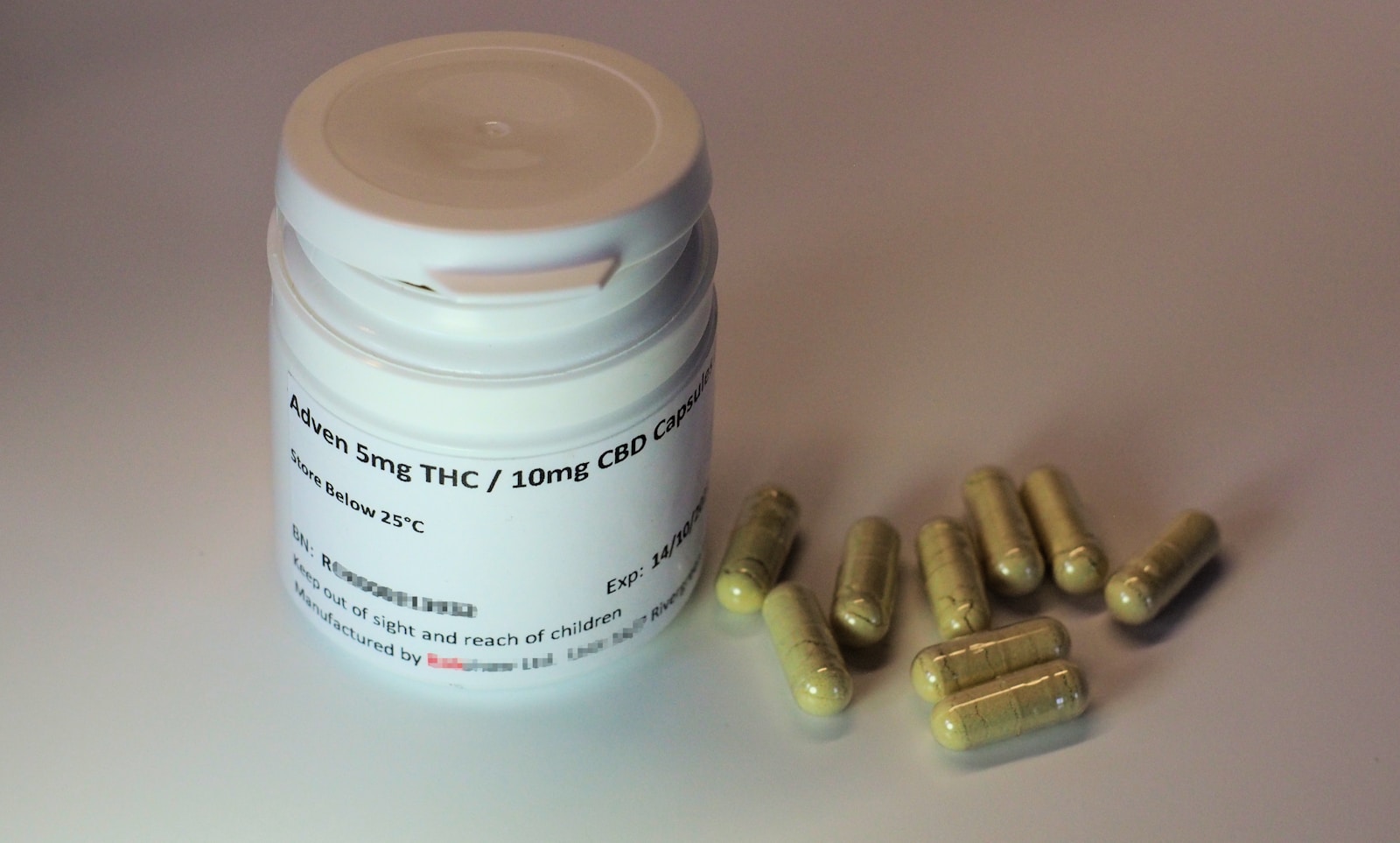Key Takeaways
1. Antidepressants in pregnancy offer more benefit than harm
2. Untreated depression poses serious threats to mother and baby
3. SSRI side effects are usually mild and short lived
4. Combining medication with therapy gives the best support
FDA Panel Casts Doubt on Antidepressant Safety
A recent meeting by the Food and Drug Administration raised questions about common antidepressant drugs in pregnancy. Some panel members suggested adding a warning about fetal risks. They focused on drugs known as selective serotonin reuptake inhibitors or SSRIs. Examples include Prozac and Zoloft. However many experts say the panel gave too much weight to rare risks. Meanwhile they ignored large research showing that mental illness in pregnancy can have grave outcomes.
Understanding Maternal Brain Changes
Pregnancy triggers huge shifts in the brain. Doctors call this process matrescence. During matrescence the brain adapts to care for a newborn. It becomes more sensitive to a baby’s needs. Also it boosts a mother’s ability to manage emotions and solve problems. On the other hand these changes make some women more prone to depression. Past history of mental illness raises this risk even more. Without treatment depression can block the brain’s natural ability to adjust. In turn this may lead to persistent negative moods and behaviors.
How SSRIs Help Mothers
SSRIs work by restoring healthy signals between brain cells. As a result the brain can regain its flexibility. Mothers often feel more positive and able to cope. They notice more pleasure in daily life. They find it easier to plan and solve problems. In turn they can better attend to their infants. Thus SSRIs support key brain functions needed for parenting. Also medication may open the door to effective therapy. For many women therapy alone is not enough when symptoms run deep.
Comparing SSRI Risks and Depression Dangers
Scientists have studied SSRI use in pregnancy for decades. Some reports link SSRIs to preterm birth and low weight. Yet depression itself also raises those risks. In most cases experts cannot untangle which factor causes what. Another side effect can appear in infants after birth. Some newborns show jitteriness or feeding troubles. Doctors call this neonatal adaptation syndrome. It affects roughly one in three babies exposed to SSRIs. However these symptoms usually fade away within two weeks. Long term harm has not appeared in large studies. Conversely untreated depression can have lasting effects. Depressed mothers face higher odds of high blood pressure disorders like preeclampsia. They also risk suicide and overdose. Tragically suicide accounts for nearly one in twelve maternal deaths. Babies of depressed mothers have higher rates of developmental and behavioral challenges. They may need special care at birth and face lasting cognitive issues.
Safety During Breastfeeding
Experts also examined SSRI safety in the months after birth. Studies show most of these drugs pass into breast milk at very low levels. In many cases the infant’s blood levels remain undetectable. As a result health groups support continuing SSRIs while breast feeding. Ongoing treatment helps mothers stay well and bond with their babies.
Combining Therapies for Best Outcomes
SSRIs represent just one tool in the fight against perinatal depression. Psychotherapy such as cognitive behavioral therapy also brings strong benefits. It can rewire the brain in positive ways. Yet women with severe symptoms often need medication first. Otherwise they may struggle to focus on therapy. Therefore experts recommend a combined approach. In addition to drugs and therapy women can use bright light treatment or gentle exercise. Adequate sleep and nutrition also play key roles.
Addressing Misinformation and Guilt
At the FDA meeting some panelists claimed SSRIs cause birth defects or autism. However large scale research finds no link between these drugs and developmental disorders. Also the idea that depression is a normal part of motherhood downplays real suffering. It echoes old patterns of dismissing women’s health concerns. As a result many pregnant women feel guilt or shame for considering medication. Yet the science shows such feelings have no basis. In fact medication can prevent relapse and protect both mother and child.
A Better Path Forward
If regulators decide to require a strong warning on SSRIs in pregnancy history suggests trouble lies ahead. In 2004 a similar warning about teen antidepressant use led to fewer prescriptions. As a result more youth suffered severe depression and even suicide. We risk repeating that error with pregnant women. Instead the medical community must share clear information about brain biology. Patients deserve to know how these medications work to support healthy brain changes. Also they need access to trained therapists and supportive services. Above all mothers need respect and care as they face a critical life transition.
Ultimately the true risk lies in leaving serious depression untreated. Medication and therapy offer a balanced plan to protect maternal brain health. By weighing the real dangers on both sides women and their doctors can make informed choices. This approach helps mothers thrive now and in the years ahead.
